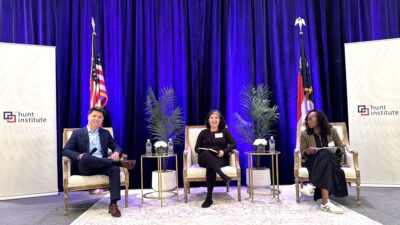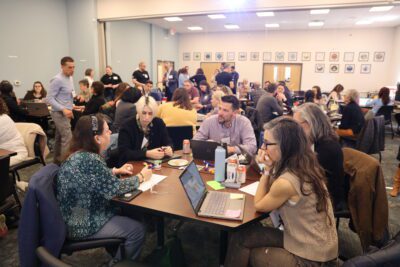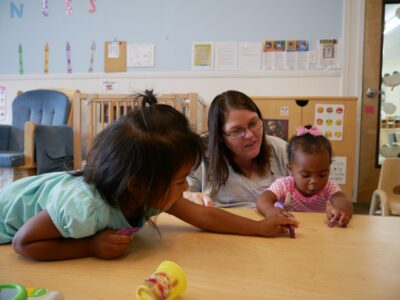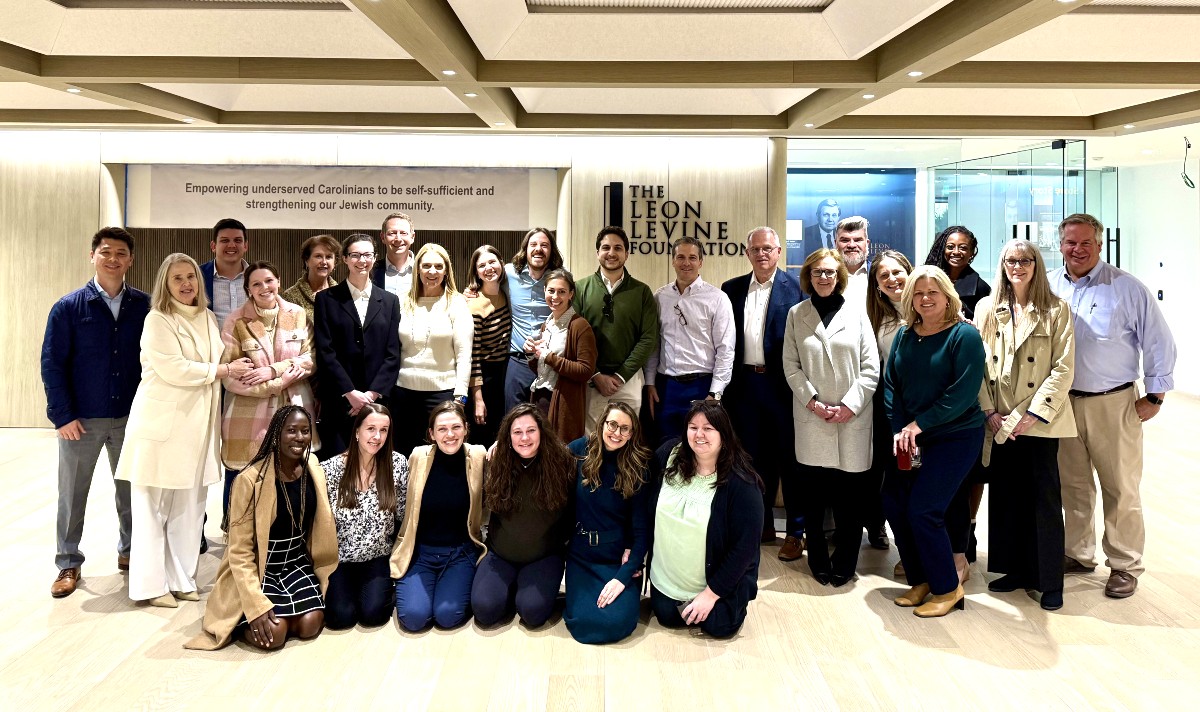
Learn more about the foundation’s next phase of impact, and meet Russ Altenburg, the program director for education, who sees classrooms as ‘launchpads of possibility’
The Leon Levine Foundation (TLLF) — based in Charlotte and supporting nonprofits in North and South Carolina — announced in July 2025 that its assets now total $2 billion, nearly tripling in size since 2023, according to a press release.
TLLF is now the second-largest private foundation in North Carolina and among the top 10 in the Southeast, according to the most recent filings available.
“Leon Levine charged us with the opportunity and responsibility to lead boldly, act with urgency, and drive transformational change,” said Tom Lawrence, TLLF CEO and president. Levine founded the Family Dollar Stores.
Over the past two years, according to the press release, TLLF has significantly increased its grantmaking across the Carolinas. With more than 400 grantee partners, TLLF awarded a record $101 million in grants in FY25, including $5 million in the aftermath of Hurricane Helene.
Those numbers will increase exponentially in the coming years, says the foundation.
TLLF’s grantmaking is designed to empower underserved Carolinians to be self-sufficient and strengthen the Jewish community. Grants are strategically tied to the foundation’s four mission areas: health care, human services, education, and Jewish values.
The foundation also announced that it intends to spend down all its assets, sunsetting its operations within the next 50 years. “Urgency in giving can drive lasting impact,” says the release, and “true permanence lies not in the Foundation’s continued existence, but in the enduring change it catalyzes in people, institutions, and communities across the Carolinas.”
“We’re here to accelerate progress, fund innovation, and elevate partners already doing incredible work,” said Lawrence.
Meet Russ Altenburg
In the press release, the foundation says it has been investing and building its team to support the increase in giving.
Many of you who work in education have already met Russ Altenburg, the foundation’s program director for education since December 2023.
Altenburg oversees the education grantmaking program, vision, strategy, and team, and he supports related impact investment efforts.
You can find him moderating panels on the most important issues facing education.
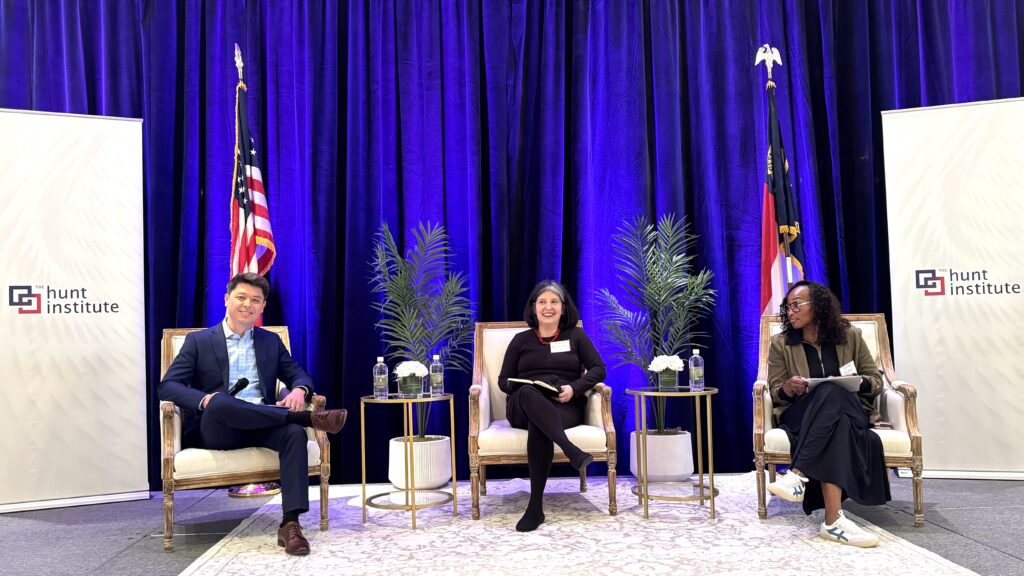
But you can also find him on the road.
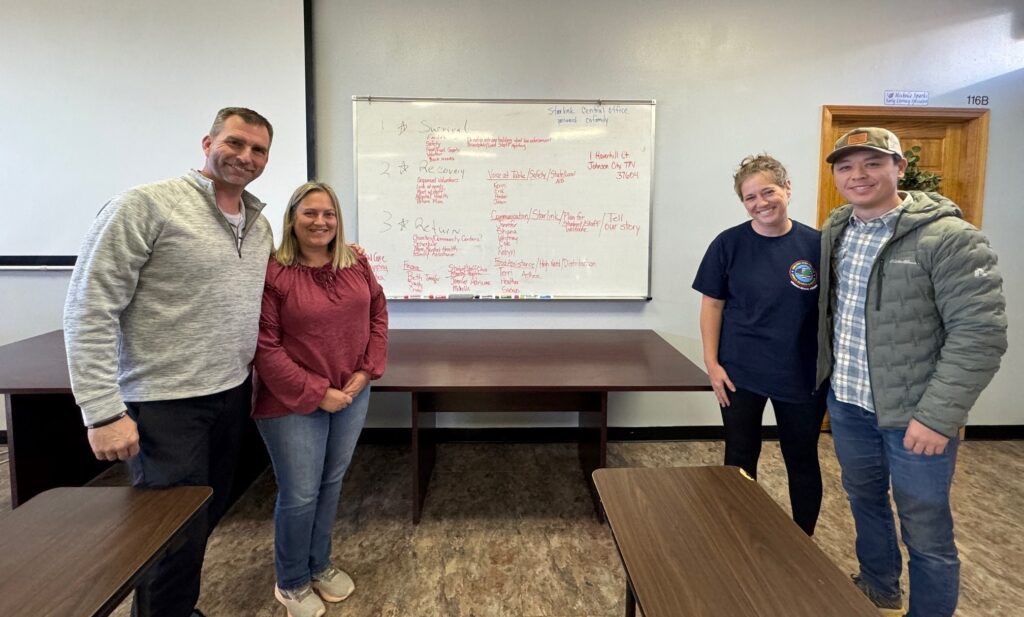
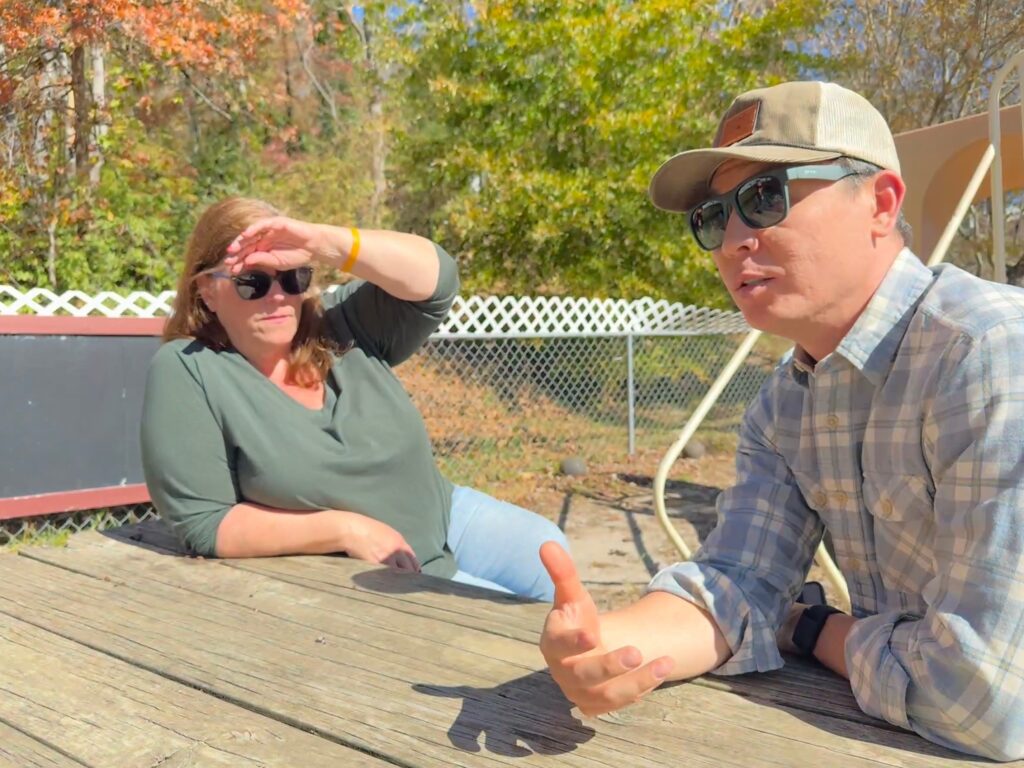
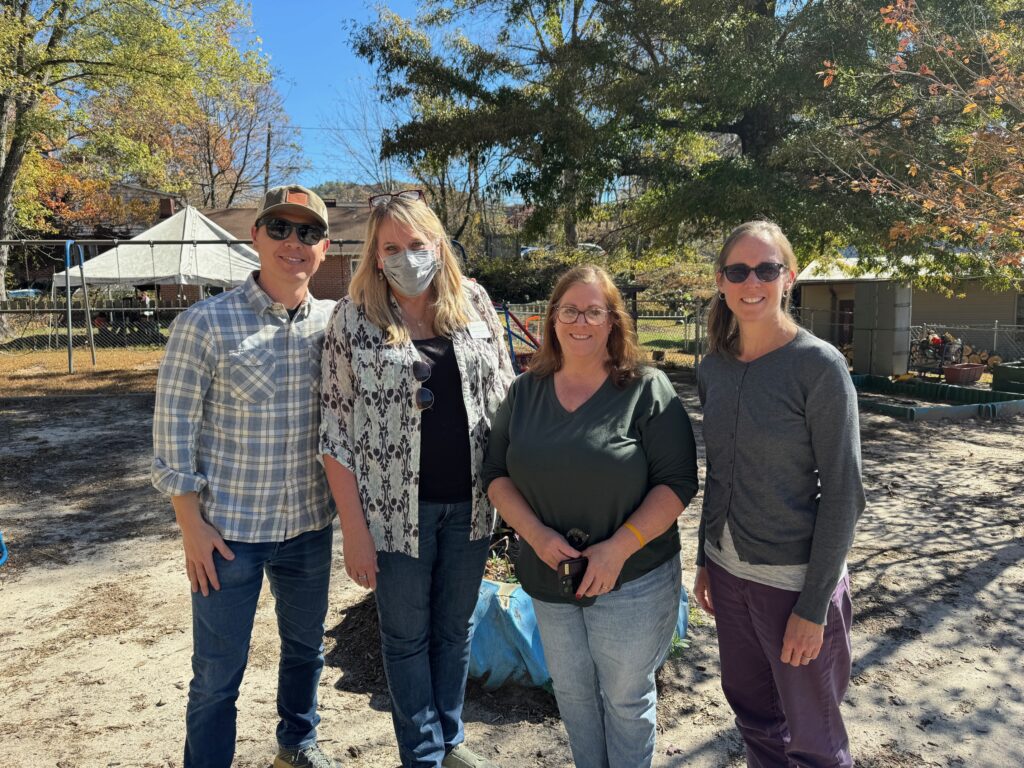
After he joined the team and before he proposed his grantmaking strategy to the board, Altenburg conducted research. Here is what he learned:
Research and science show the greatest amount of brain growth occurs between birth and age five. A child’s preparedness to learn and succeed academically is shaped from the moment they are born.
Youth need healthy relationships and role models to excel both in and out of the classroom.
Studies have found that those without a degree (associate’s or higher) are significantly more likely to live below the poverty level. Clearing the path to post-secondary degree attainment is a critical key to unlocking future mobility.
Educational programs should intersect with a community’s human services and healthcare priorities; a holistic and whole-family approach to education can end the cycle of generational poverty.
— The Leon Levine Foundation
That research led the foundation to prioritize the following in education:
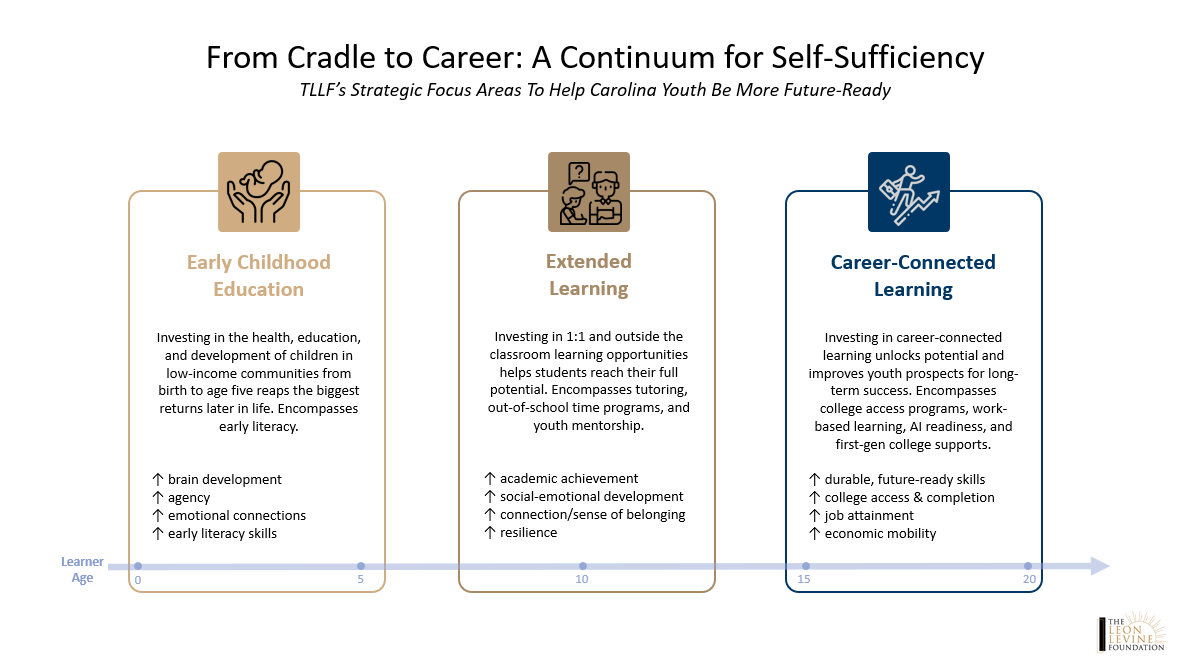
During Teacher Appreciation Week, the foundation posted this note from Altenburg to educators:
To our teachers:
Watching my late father — a high‑school special‑education teacher — spend hours tailoring IEPs, reworking lessons, and going beyond the job description so each student could thrive taught me what true dedication looks like. He modeled the daily courage you embody today.
Underpaid. Boxed in by bureaucracy. I often wondered why he kept at it year after year. Today you do the same while navigating shifting policies and headlines that cast doubt on the very value of public schooling, adding fresh layers of stress and uncertainty to your classrooms.
What was clear to me then — and is even clearer now — is that, amid the grind, you still dream up fresh ways to meet children where they are, coaxing curiosity from chaos. You juggle students’ mental‑health needs, lesson plans, and endless paperwork while somehow keeping morale and hope alive.
Because you choose love in action, classrooms become launchpads of possibility. We see you, we believe in you, and we are profoundly grateful.
— Russ Altenburg
“The Leon Levine Foundation is growing — in both size and ambition — and I’m excited to help steward this new chapter of strategic, values-driven philanthropy,” said Altenburg.
Recent education grants
Here are some of the foundation’s education grant partners that highlight areas that will see further strategic investment in the coming years, according to Altenburg.
$2.4M to North Carolina Partnership for Children to improve access to early childhood resources for vulnerable families. This includes launching and marketing a user-friendly, personalized family resource portal that will function as a services eligibility screener and connector and added capacity to help business leaders more effectively support employees with young children.
$2.25M to SparkNC to scale its competency-based learning model in more public high schools, equipping underrepresented students with tech skills and flexible pathways into high-wage tech careers.
$1.425M to NC Child to launch the Executives Championing Early Learning in North Carolina (ExcelNC) initiative, which will support business leaders and county commissioners who want to do more to ensure the state’s youngest learners have the strong start they need.
$675,000 to support the Caldwell-Watauga Education Attainment Initiative, a localized adaptation of the Surry-Yadkin Works model to foster apprenticeship programs that connect low-income high school students with local industries. This career-connected learning initiative is jointly led by Caldwell Community College and Technical Institute, Caldwell County Schools, and Watauga County Schools.
$1.2M to Basta to support first-gen HBCU students in landing high-wage fulltime jobs. These supports include the use of career readiness assessment tools and live workshops led by experienced career coaches.
$1M to HEART Math Tutoring to support expansion of its evidence-backed model across the Carolinas.
$495,000 to the WNC Resilience Project, launched in the aftermath of Hurricane Helene to help disaster-impacted schools build sustainable recovery frameworks while fostering student leadership and career-ready skill development. This initiative is jointly led by Open Way Learning, SparkNC, and Education Reimagined.
To see more of the foundation’s education grantees click here, click on mission area, and then on education.
More information
Here is the TLLF microsite, including the announcement, a letter from the president, and a FAQ for grantees.
Recommended reading
